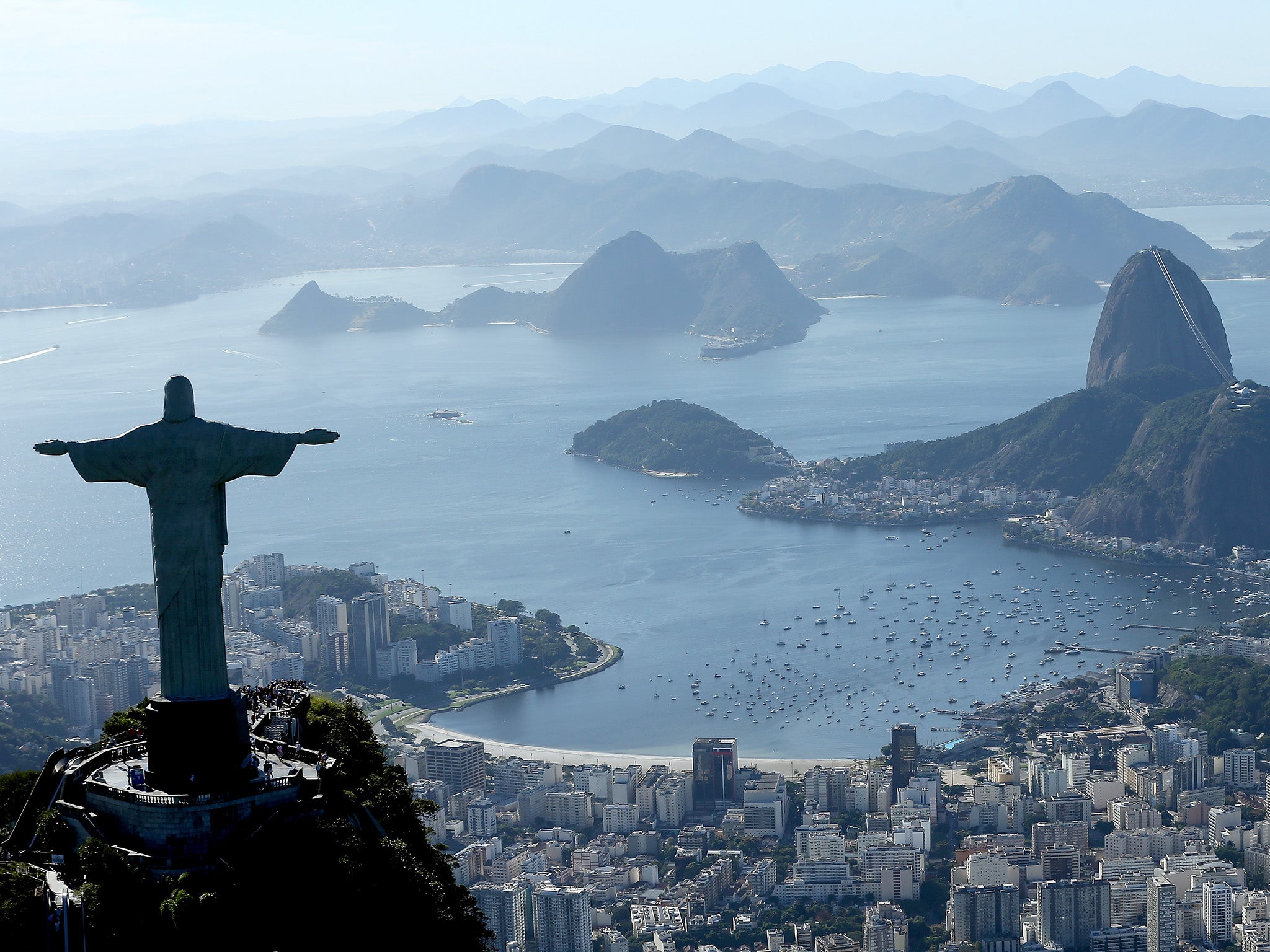Rio Olympics could spark 'full blown global health disaster', say Harvard scientists
Zika warning is latest in string of troubles for 2016 Games hosts

Your support helps us to tell the story
From reproductive rights to climate change to Big Tech, The Independent is on the ground when the story is developing. Whether it's investigating the financials of Elon Musk's pro-Trump PAC or producing our latest documentary, 'The A Word', which shines a light on the American women fighting for reproductive rights, we know how important it is to parse out the facts from the messaging.
At such a critical moment in US history, we need reporters on the ground. Your donation allows us to keep sending journalists to speak to both sides of the story.
The Independent is trusted by Americans across the entire political spectrum. And unlike many other quality news outlets, we choose not to lock Americans out of our reporting and analysis with paywalls. We believe quality journalism should be available to everyone, paid for by those who can afford it.
Your support makes all the difference.The 2016 Olympic Games in Rio de Janeiro could spark a “full-blown public health disaster”, doctors have warned.
Since the Zika virus was first identified in Brazil in May 2015, the disease's spread through Latin America has been declared a health emergency by the World Health Organisation and the number of suspected cases in Rio is the highest of any state in the country.
The continued presence of the virus ahead of the summer Olympics has caused athletes and health specialists to question the risks involved in allowing the Games to go ahead with hundreds of thousands of spectators travelling to the city.
Writing in the Harvard Public Health Review, Dr Amir Attaran said the Games could speed up the spread of the virus, and suggested the Games could be hosted by another city in Brazil where the illness is less of a threat.
He said: “While Brazil's Zika inevitably will spread globally, given enough time – viruses always do – it helps nobody to speed that up.
"In particular, it cannot possibly help when an estimated 500,000 foreign tourists flock into Rio for the Games, potentially becoming infected, and returning to their homes where both local Aedes mosquitoes and sexual transmission can establish new outbreaks.
“All it takes is one infected traveller, a few viral introductions of that kind, in a few countries, or maybe continents, would make a full-blown global health disaster.”
With less than three months to go until the Games begin on 5 August, it is unlikely the continued presence of the virus will cause officials to take drastic action.
However, the warning will be yet another blow to Brazilian authorities, who are already mired in a string of controversies that have undermined confidence in the country’s ability to host the Olympics.
Brazil is currently grappling with steep economic decline, while a continuing presidential impeachment attempt alongside the country’s largest ever corruption scandal has caused national outrage.
Elsewhere, severe water pollution problems, the collapse of a new cycle path resulting in the death of two people and frightening reports of gang violence in upmarket shopping areas has fuelled scepticism about the suitability of Rio to host the Games.
Join our commenting forum
Join thought-provoking conversations, follow other Independent readers and see their replies
Comments